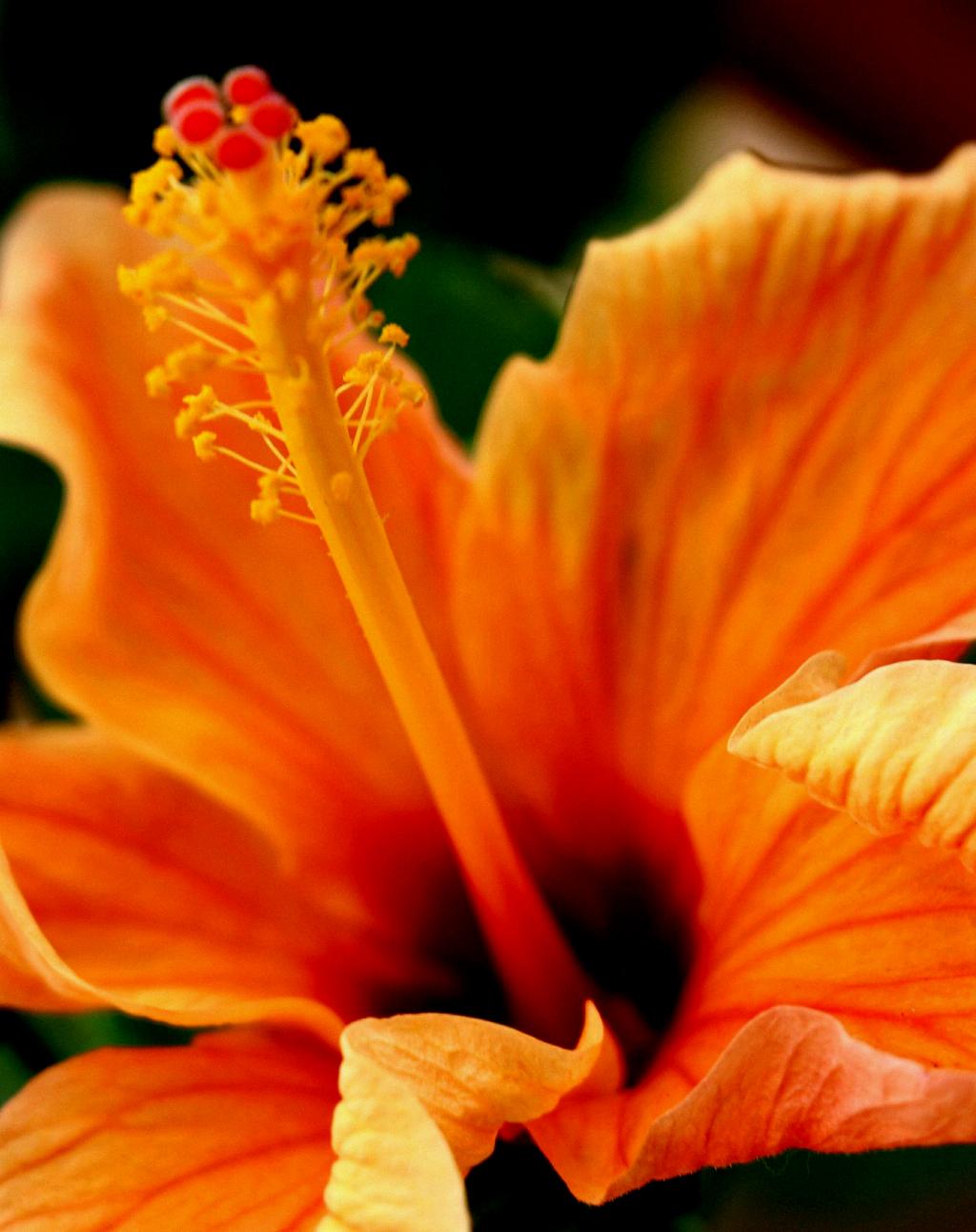When it comes to the hibiscus plant, pet owners often have concerns about its potential toxicity to their furry companions. While most varieties of hibiscus are generally considered safe for pets, it’s essential to be aware of certain exceptions, such as the Rose of Sharon (Hibiscus syriacus).
The Rose of Sharon, a type of hibiscus plant, can pose a threat to pets if ingested in large quantities. Dogs, in particular, are susceptible to experiencing adverse symptoms like nausea, diarrhea, and vomiting if they consume significant amounts of this specific hibiscus flower.
Although the risks associated with hibiscus toxicity are relatively low compared to some other common plants, pet owners should still exercise caution when it comes to allowing their pets access to hibiscus plants, especially the Rose of Sharon variety.
It’s always a good idea to familiarize yourself with the specific plants in your home and garden to ensure the safety of your pets. Understanding which plants are potentially harmful and taking appropriate precautions can help prevent accidental poisoning incidents involving your furry companions.
While hibiscus plants may add beauty to your outdoor space, it’s crucial to prioritize the well-being of your pets by limiting their exposure to any potentially toxic plant varieties like the Rose of Sharon hibiscus.
Monitoring your pets’ behavior around plants and being proactive in removing any hazardous varieties from their reach can significantly reduce the likelihood of accidental ingestion and associated health issues.
If you suspect that your pet has ingested a harmful plant or is exhibiting symptoms of poisoning, it’s important to seek immediate veterinary attention. Prompt treatment can make a crucial difference in the outcome and prevent further complications.
As a responsible pet owner, staying informed about potential hazards in your environment, including toxic plants like the Rose of Sharon hibiscus, is essential for safeguarding your pets’ health and well-being.
Remember that prevention is key when it comes to pet safety, so taking proactive measures to create a pet-friendly environment free of harmful plants is a fundamental aspect of responsible pet care.
By being vigilant and knowledgeable about the plants in your surroundings, you can create a safe and secure environment for your pets to thrive without the risk of accidental poisoning from potentially toxic plant varieties like the Rose of Sharon hibiscus.
Ultimately, while the majority of hibiscus plants are considered safe for pets, it’s crucial to be aware of exceptions like the Rose of Sharon variety and take the necessary precautions to ensure your pets’ well-being and prevent any potential poisoning incidents.
As a pet owner, your primary focus should always be on creating a safe and healthy environment for your furry companions, and staying informed about plant toxicity is a crucial aspect of responsible pet care.

